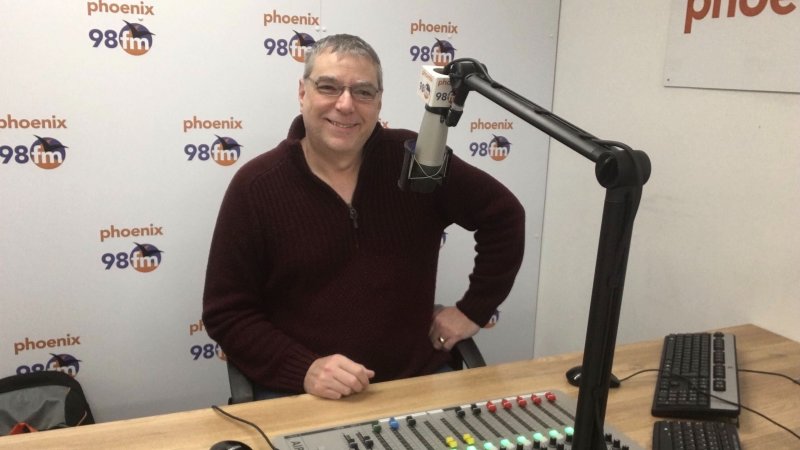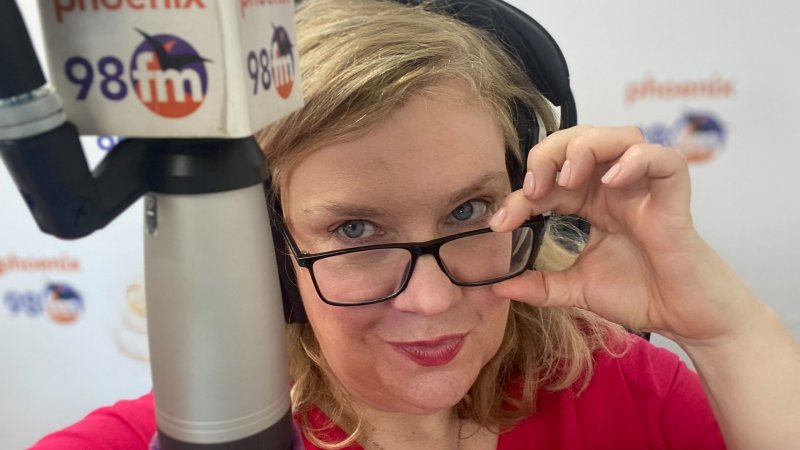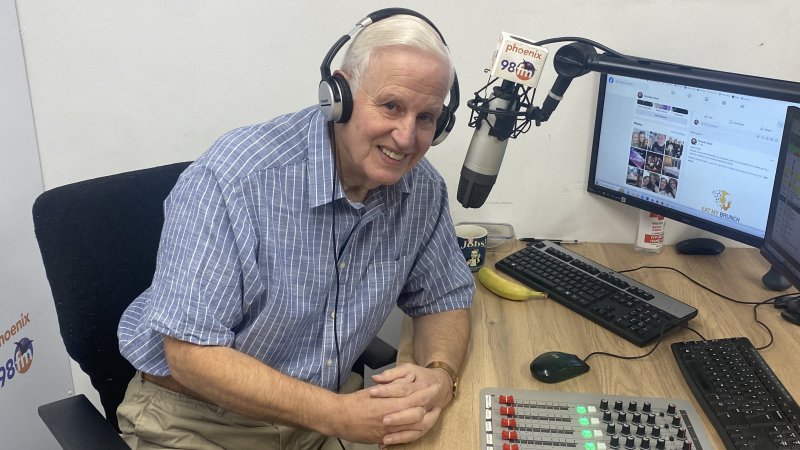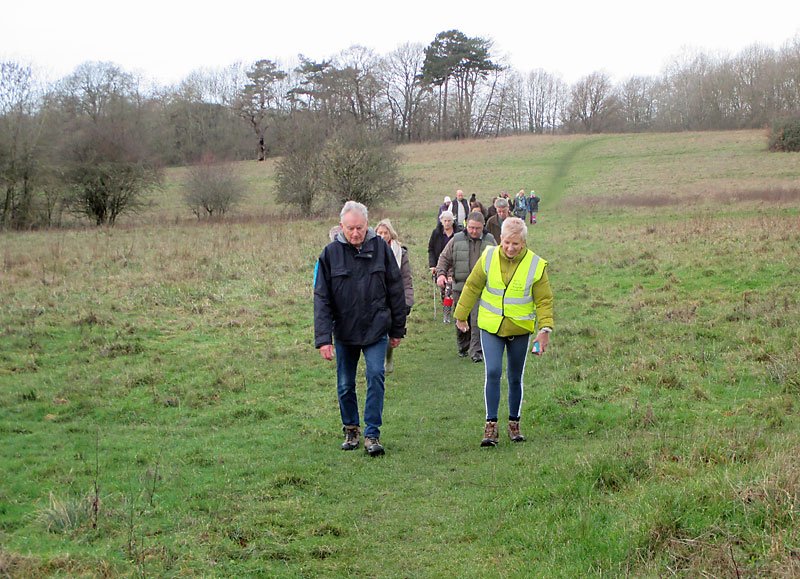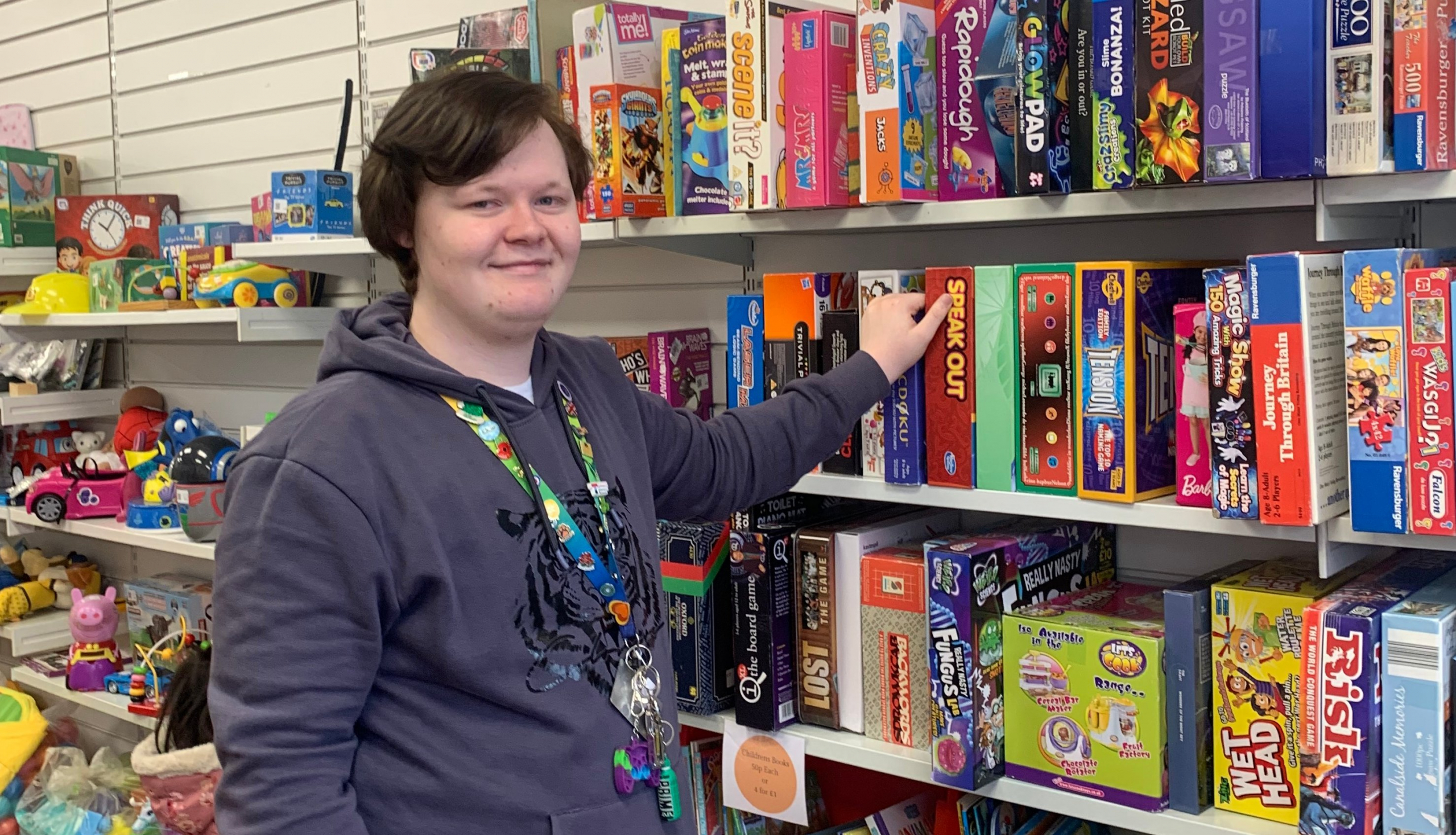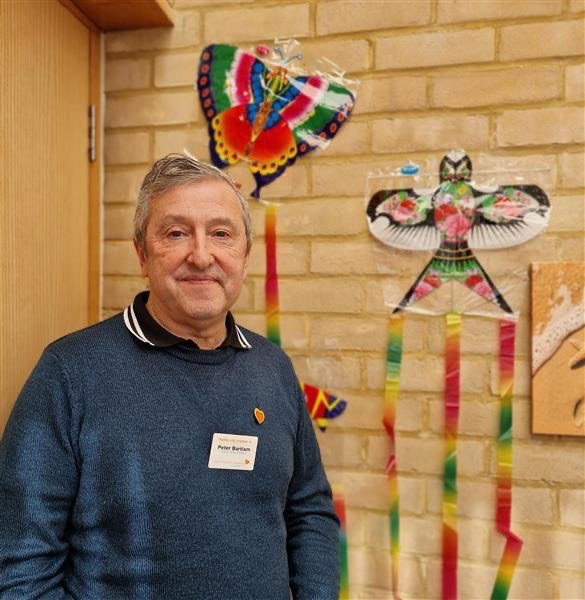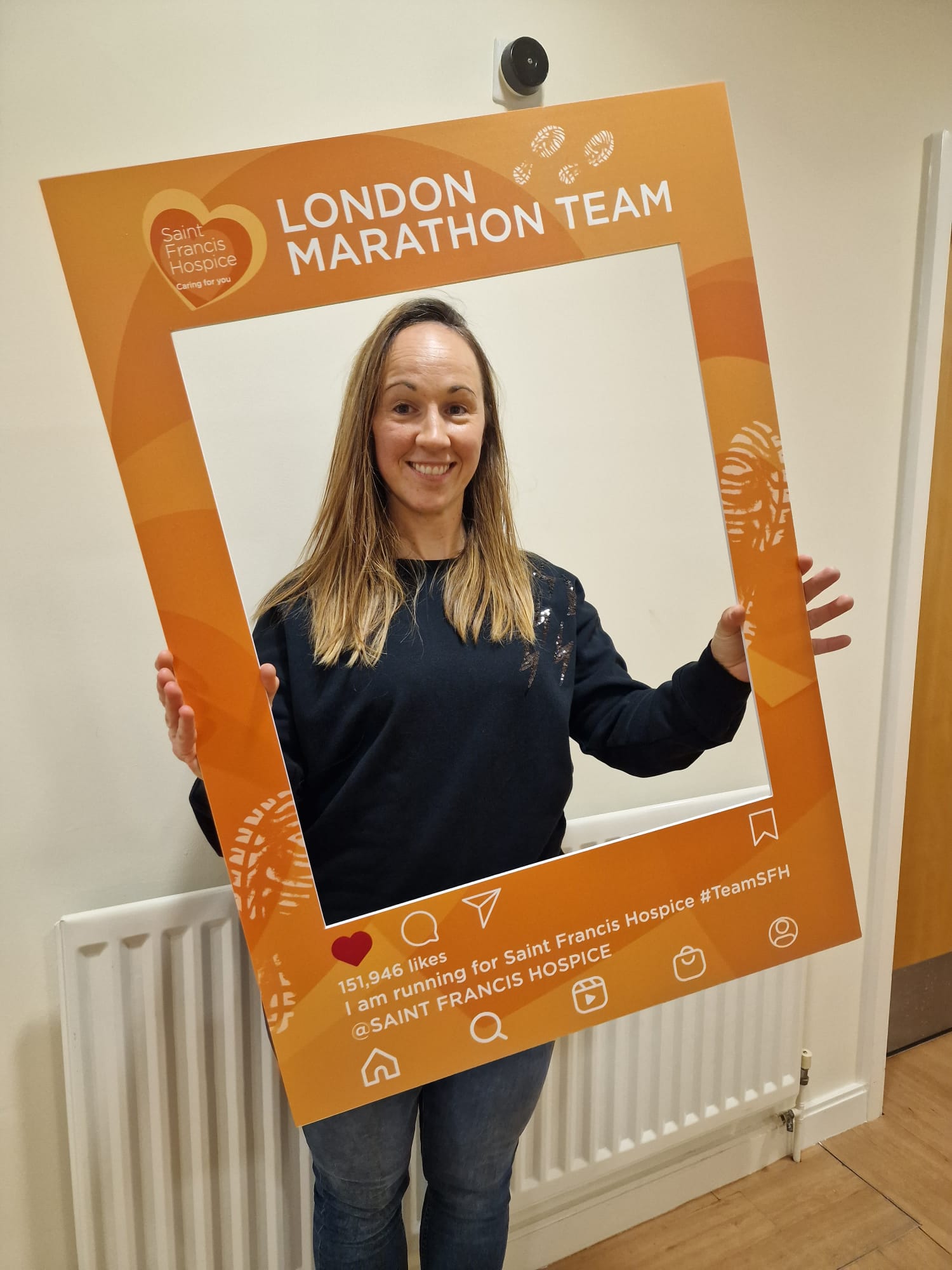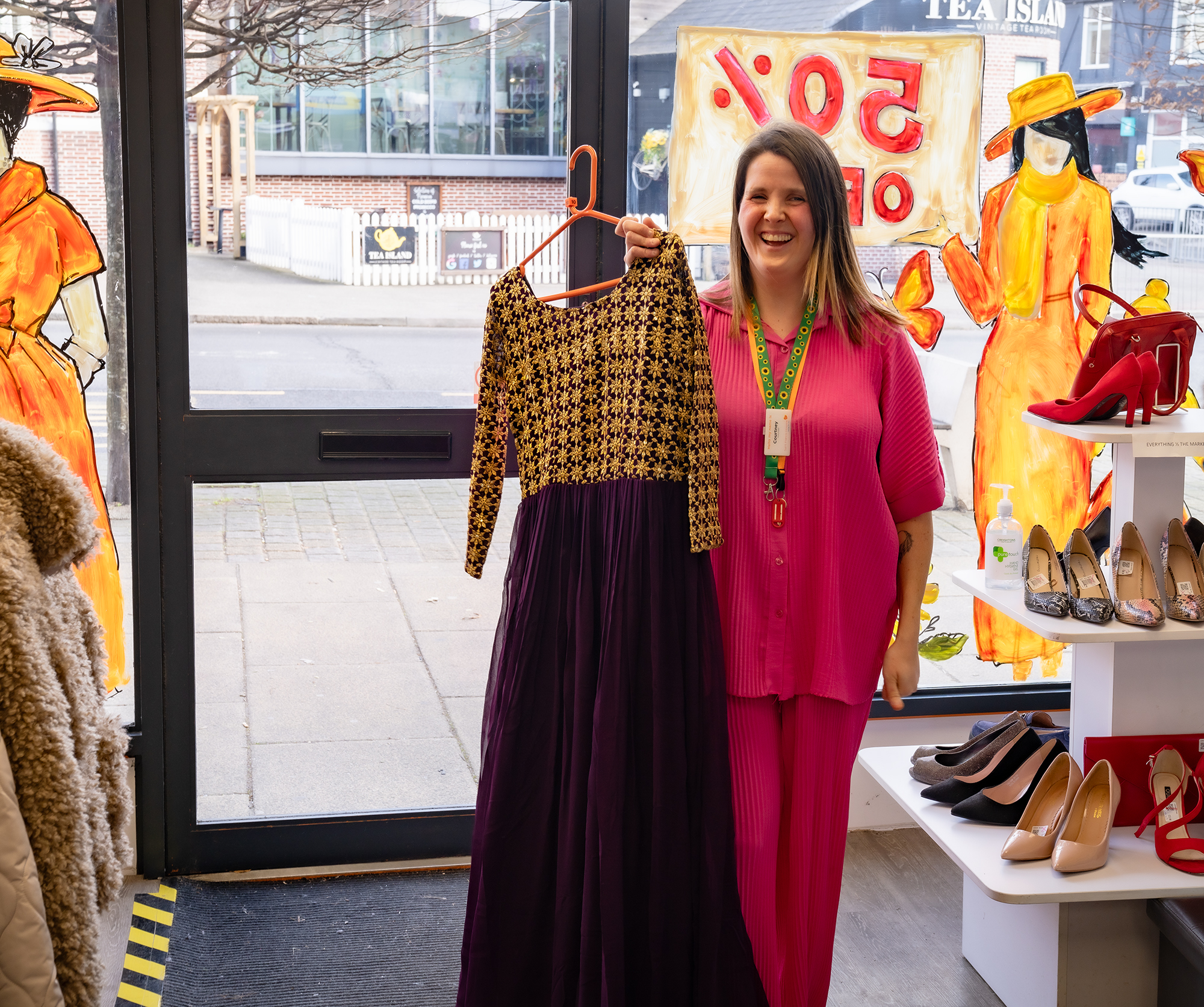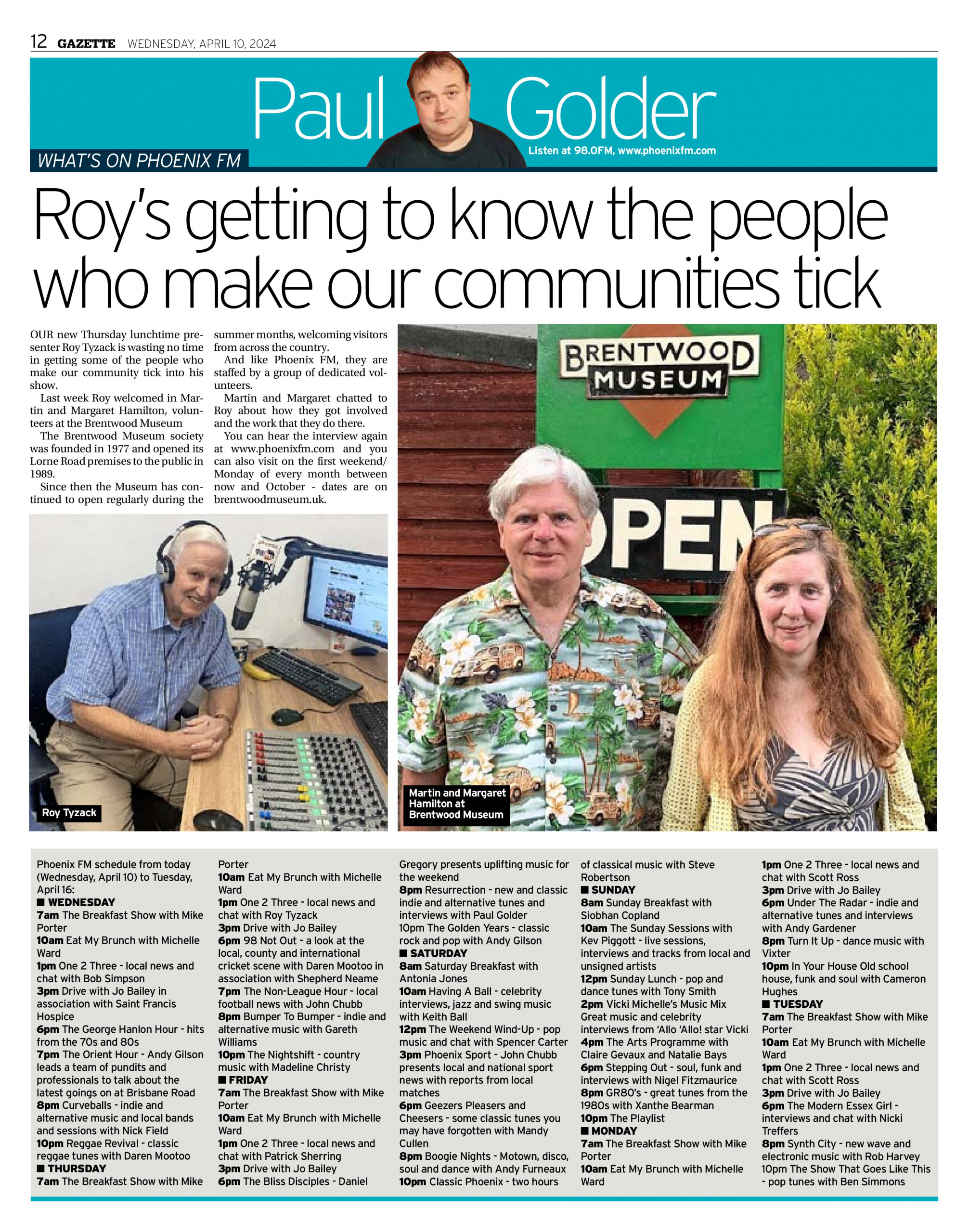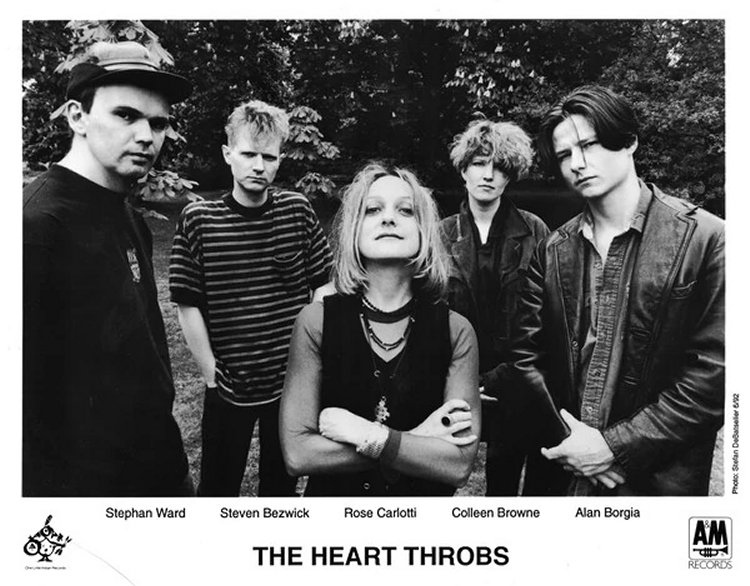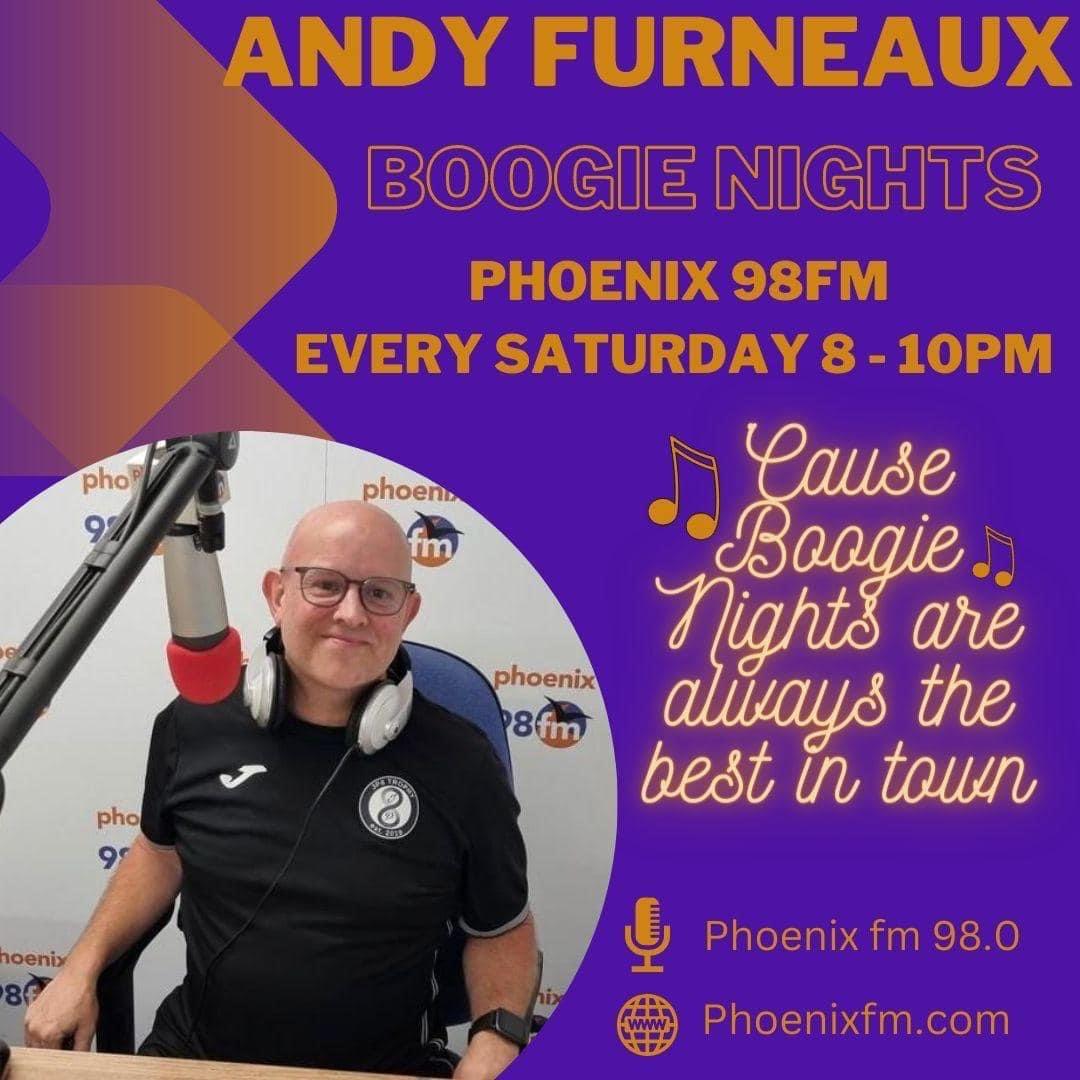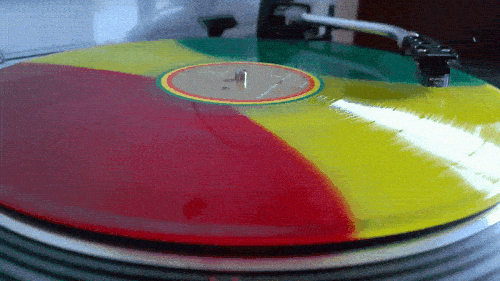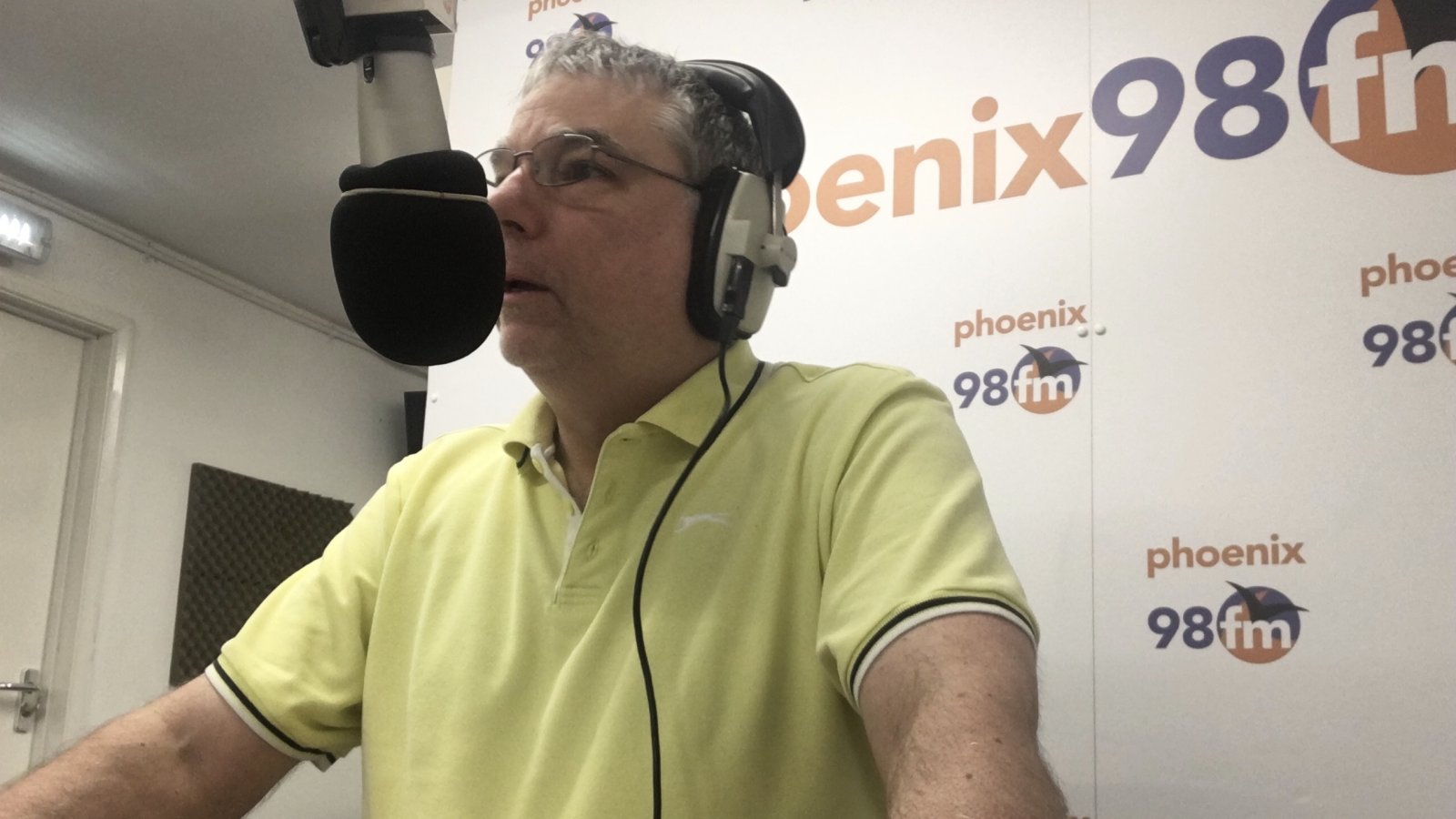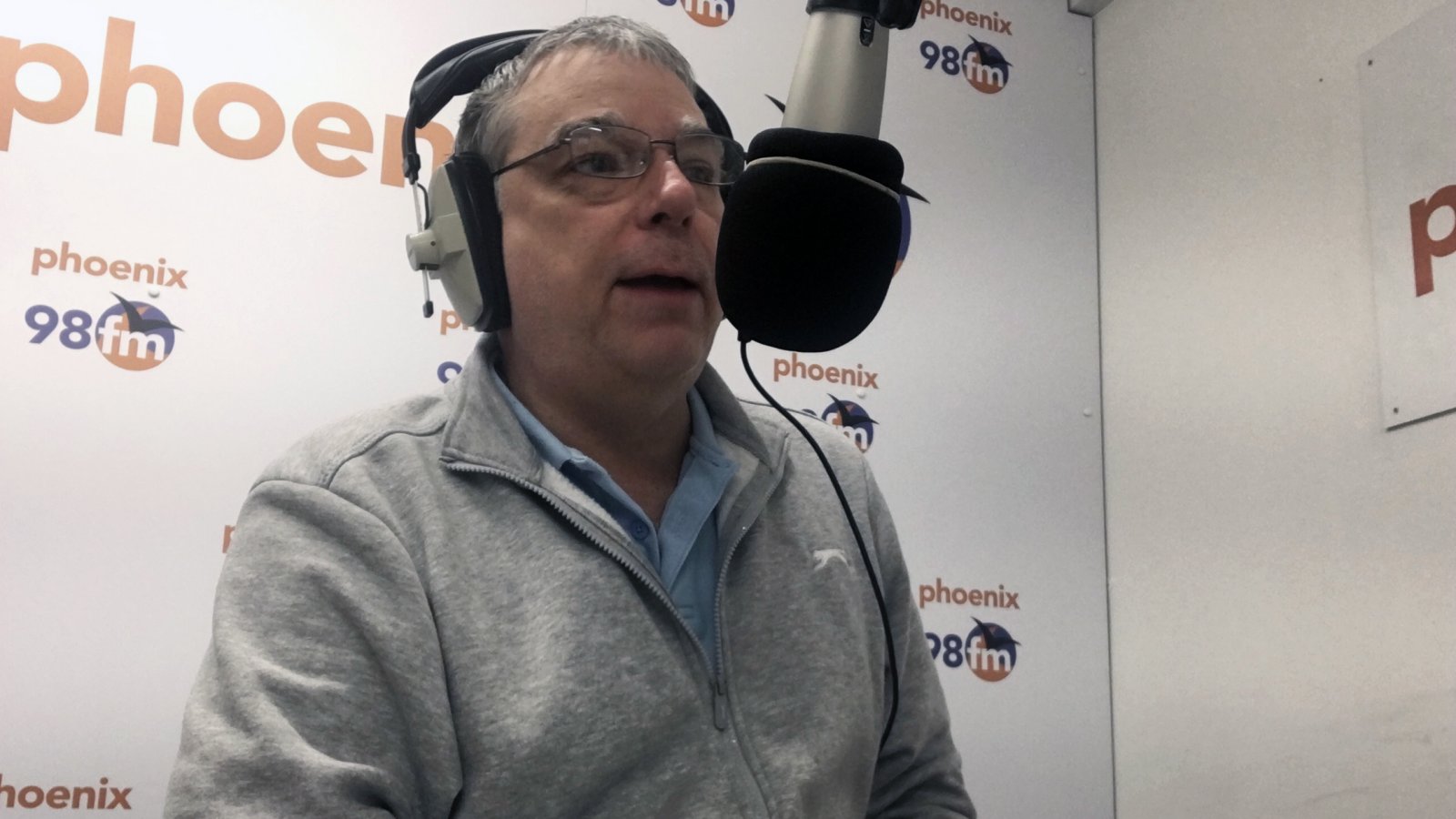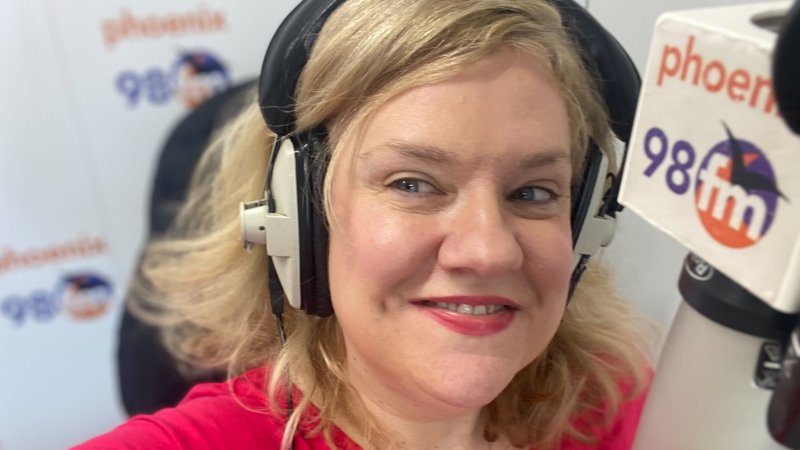
Phone scams are on the rise with criminals targeting households across the UK to try and defraud people out of their money.
Typically fraudsters try to cold call members of the public pretending to be from a trusted organisation – like your bank, the police, a utility provider or a computer company.
Alexander Heading, manager at Barclays Bank in Shenfield, has told us about a new scam that has been reported locally.
Customers are receiving phone calls to say that their cards have expired and that a new card is being sent out, with a new PIN.
When the customer says that he doesn’t want this, they are told it’s too late and that they need to read out the old PIN, so that it can be reset.
They will then send round a courier to pick up the old cards – and possibly offer a gift voucher too. A name used locally in these scams is “Mr Sterling”.
Of course this could happen to anyone – not just Barclays customers.
How to stay safe
Fraudsters can sound extremely professional and will do all they can to convince you that their call is genuine.
But there are some simple steps you can take to keep safe.
It’s really important to be wary of any unsolicited phone calls, especially when they ask for your personal or financial details.
Remember – your bank or the police will never:
– Ask you to transfer money to a new account for fraud reasons, even if they say it is in your name.
– Phone you to ask for your 4-digit card PIN or your online banking password, even by tapping them into the telephone keypad.
– Ask you to withdraw money to hand over to them for safe-keeping.
– Send someone to your home to collect your cash, PIN, payment card or cheque book if you are a victim of fraud.
– Ask you to purchase goods using your card and then hand them over for safe-keeping.
– If you are given any of these instructions, it is a fraudulent approach.
Hang up the phone, wait five minutes, then call your bank or card issuer on a number you trust – such as the one on their website or on the back of your bank card.
Your bank will also never ask you to check the number showing on your phone’s display matches their registered phone number.
Criminals may already have some information about you, for example your name and address. So don’t assume that a call is genuine just because they have these details or because they claim to represent a legitimate organisation you use or a person that you know.
Never feel pressurised into making a quick response; scammers will sometimes try to hurry you into taking action. A genuine organisation will always give you the time you need to make an informed decision.
If you’re ever at all suspicious about a call, then just hang up the phone.
2020 is a good time to get your finances back on track if you need to – check here for our guide on how to do that.





